For last year’s words belong to last year’s language
And next year’s words await another voice.
-T.S. Eliot
It’s that time of the year again, when nights are long and days are short, when the cold wind blows and sun sleeps under a blanket of thick fog, snow falls down in feathery flakes… and
we stand at a threshold of time from where we bid goodbye to one year while heralding another. Amid the soft winter glow, we enter in a brand-new year embarking on a new path for the next three- sixty- five days.
We welcome the new year with resolutions and promises, set new goals, reflect on past mistakes, and hope to do better than the bygone months in all aspects of life.
However, a question arises: isn’t every day a new beginning?
Or every week or at least, every month?
Interestingly, the answer is, YES!
Amazing, isn’t it?
That we all have a prospect of new beginnings at our very hands every day; that we can start again every day! In fact, not just some specific day, but ANY day, ANY hour, ANY minute; all we have to do is to tell our brain to grasp this knowledge! The knowledge co- existing with us invisibly like oxygen in the air.
So, what an incredibly empowering feeling that we all can start something good, something constructive, something of our choice ANYTIME in our lives, that we don’t have to wait for a new year or a new month or next Monday for that. Any day suits it, and Any time is the best time.
Reminds us of Michael Altshuler’s words,
” The bad news is time flies. The good news is you’re the pilot.”
All we have to do is to accept ownership, the fact that we are the pilot Indeed and start working accordingly. The first step towards which is to move out of the comfort/lazy/confused zone and plan a path.
We can start by planning our day, when successful in following it, can move ahead to planning our week and perhaps, the entire month.
A week’s planner seems to be a safe way to start it, especially for children.
Let’s take an example of Vanya- a book lover, cricket crazy, student of class 8th. She can make a weekly plan about the title of the book she will read, days on which she’ll play cricket and the study related topics she needs to finish by coming Saturday, so that she can have a relaxed Sunday for some leisure activities.
A strong recommendation is to plan by writing on paper, the old way.
Ah, I hear you. The tech-savvy zen X, Y and Zee, I hear you, but trust me here that by being able to ‘ touch’ and ‘ feel’ your plan on paper gives you a certain tangible assurance which won’t be there in Android Notes or MS sheets. Though these options are not entirely ruled, pen and paper are the most trusted tools in planning. A paper pinned in front of us somehow gets a life of its own, whenever we don’t go according to the plan, it has the ability to flutter and mock us in a way no Excel Sheet or WORD document can!
And, Do Not confuse planning with making a timetable, which is for schools and institutions, where professionals manage it in detail.
Make a simple and achievable plan like, for Vanya – memorizing and finishing one chapter of English Reader in two consecutive days say- Monday and Tuesday, one hour solving math problems everyday, an hour for storybook on Friday, cricket on the ground for an hour on Tuesday, Wednesday and Thursday… something like this.
The second step is, to Act on the plan.
Religiously.
Third step is, Review.
A weekly plan MUST be reviewed at the end of every week, so that you can judge (if) what went wrong, and identify the area of improvement in yourself as well as in your plan. Trial and error make you a master planner and a goal achiever.
Remember, what Winston Churchill said,
“To improve is to change; to be perfect is to change often.”
So, review and amend.
Fourth step is, Repeat.
Plan. Act. Review. Repeat.
Do this and find a new beginning every week. Not only does this boost confidence, it teaches an invaluable life skill — introspection. Remember, there’s no fixed guidance to teach introspection, the simplest way to cultivate it in a child is to nudge them in planning their days, their weeks, their lives.
Introspection is the only way to know ourselves. Looking within we identify our issues, weaknesses, strengths and desires, and knowing ourselves is the beginning of wisdom.
A plan can ONLY be formed when we KNOW what we WANT to achieve and expect – from our day, from our week and later as we grow up, from our lives.
Introspection, planning, acting on it, faltering, may be failing at it, starting again, reforming a better plan…helps us realise our inner nature and make choices, take decisions. Vanya from the previous example, will immediately choose to play cricket over TV because she has clarity regarding her desires as she had introspected while planning her week.
Last but not the least is to not be afraid of making errors. Each mistake presents a new beginning as Paulo Cohelo said,
“If you’re brave enough to say goodbye, life will reward you with a new hello.”
Let’s not wait for life to come say hello, but chart out a plan, act, review, revise and life will be an incessant wonderment of sunshine hope with beautiful possibilities. F. Scott Fitzgerald once said,
It’s never too late to become who you want to be. I hope you live a life that you’re proud of, and if you find that you’re not, I hope you have the strength to start over.’
Let’s never forget it.

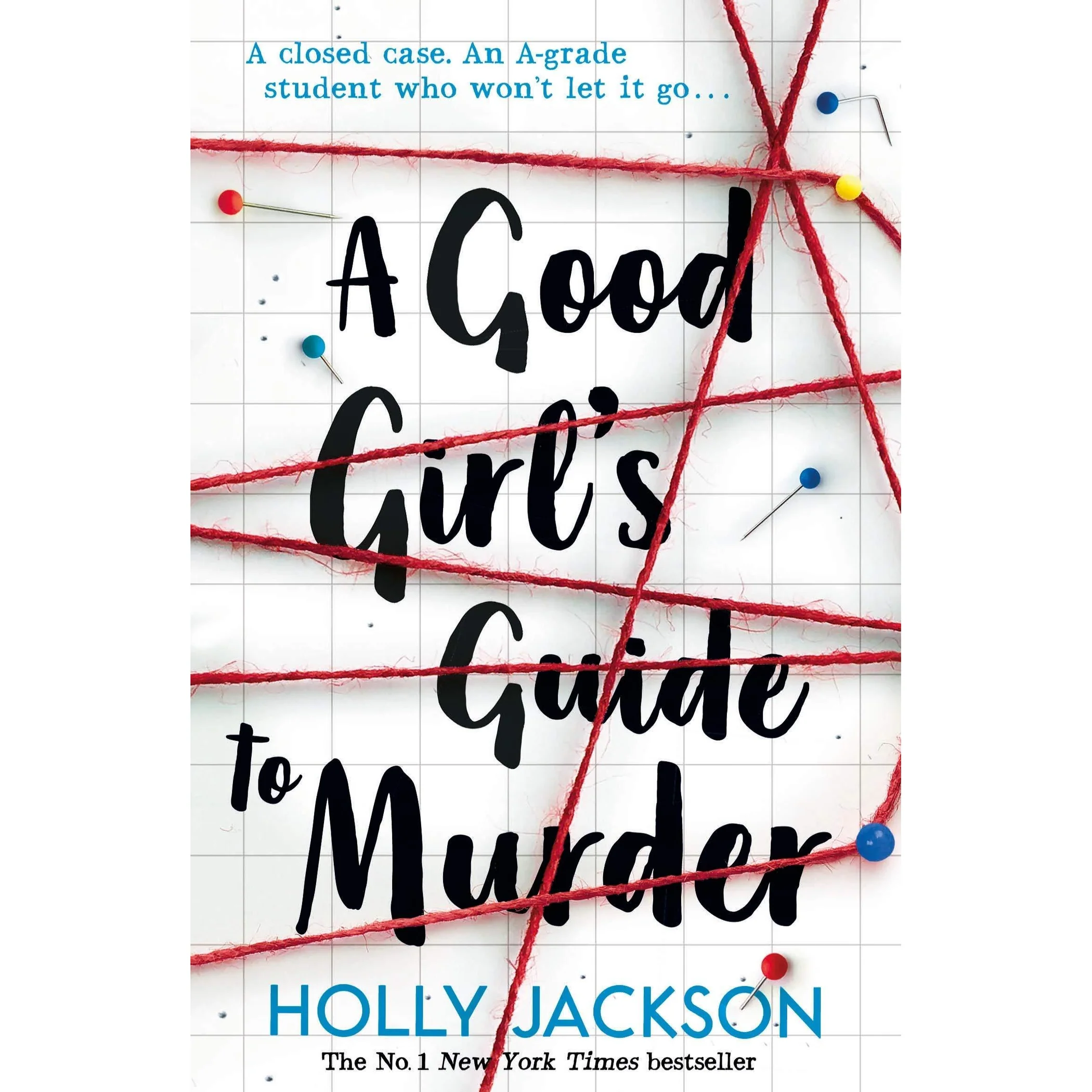)
)
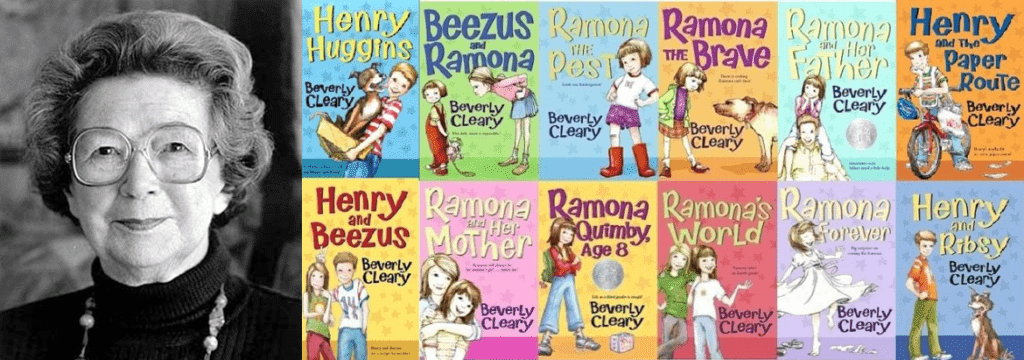)
)
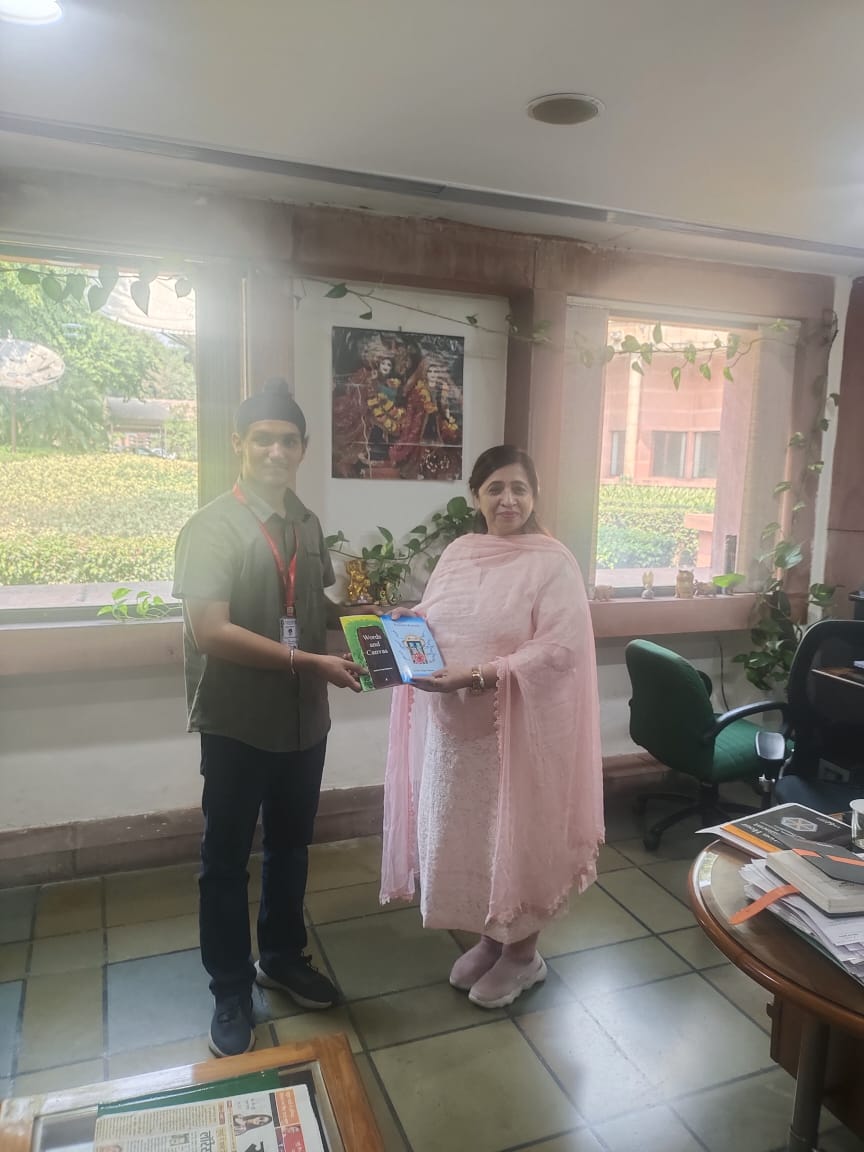)
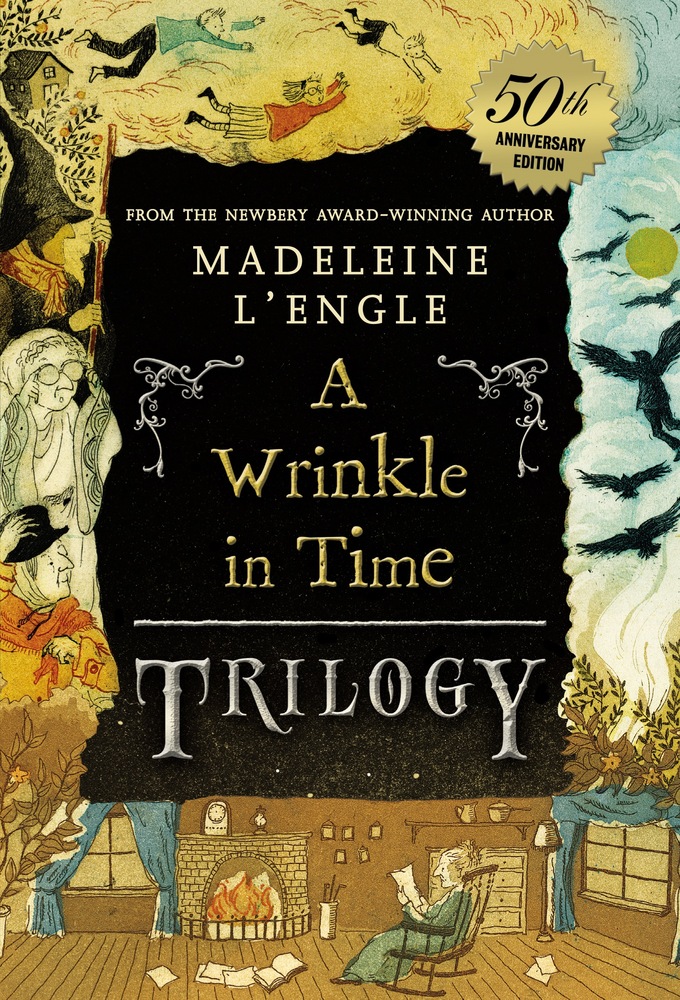)
)
)
)
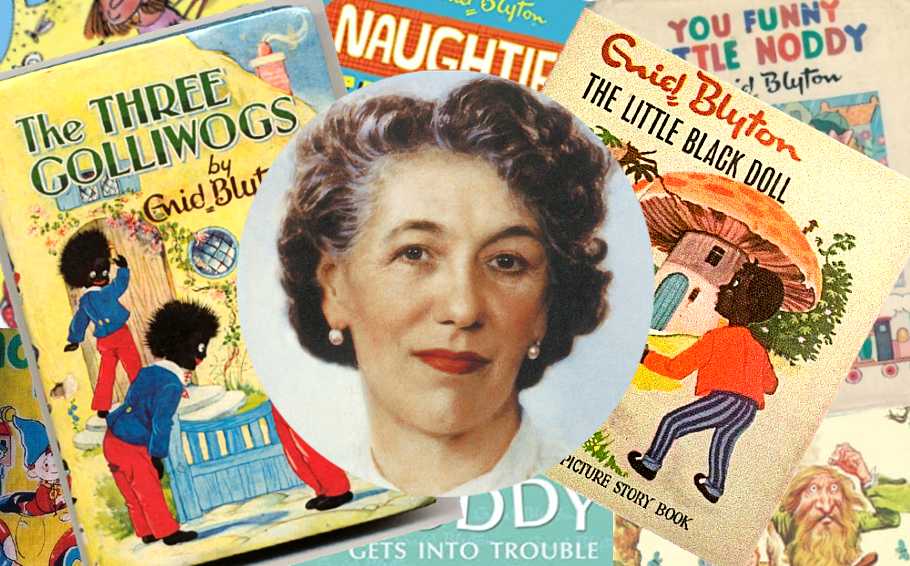)